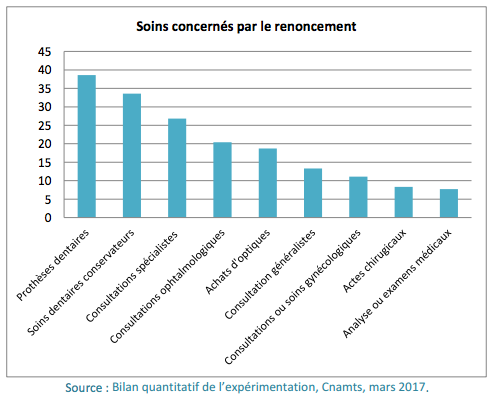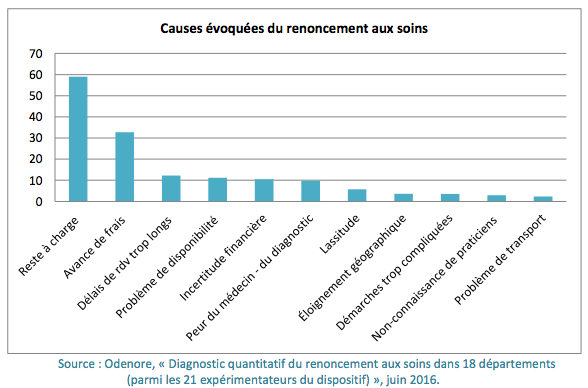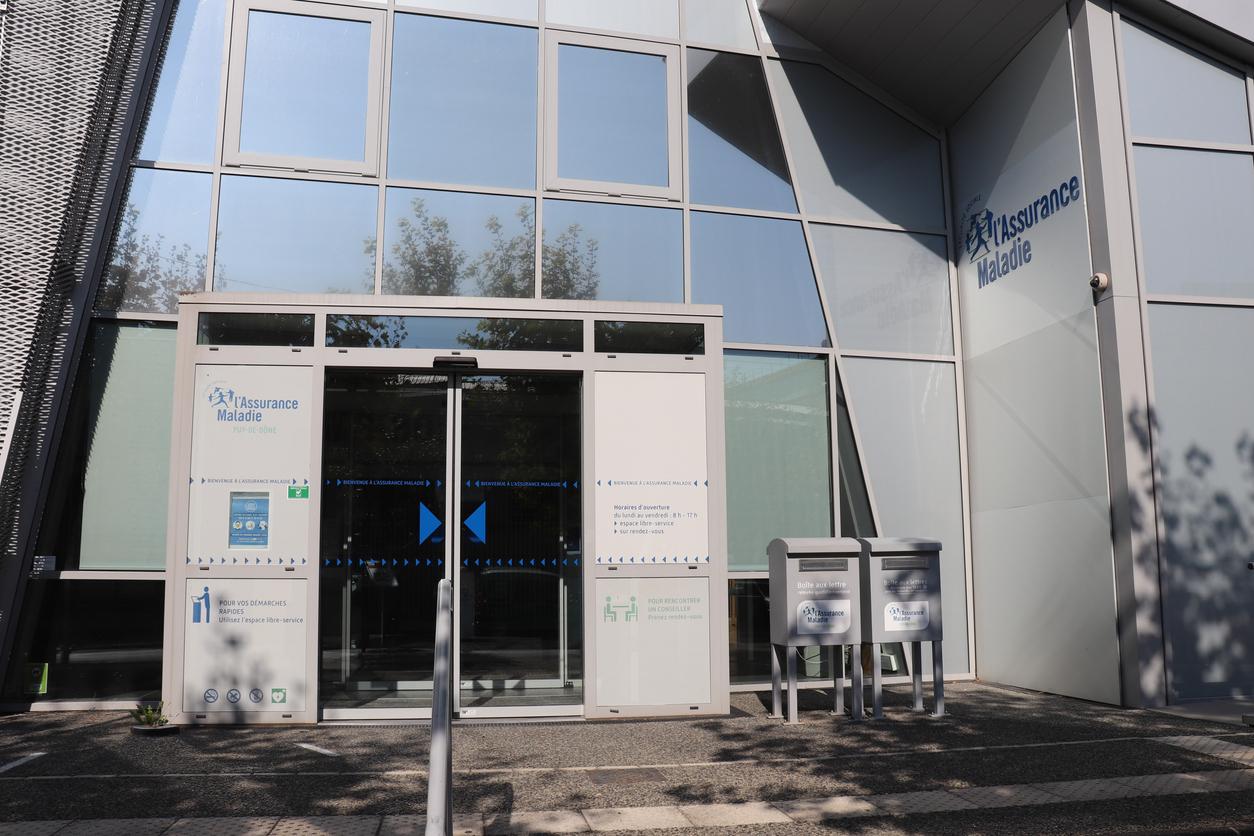Health insurance will generalize a new system to fight against giving up healthcare to the entire territory.

While France is often envied for the performance of its health system, “the difficulties of access to care remain”, deplores the CNAM on Tuesday (1). However, she recalls that this access is guaranteed by the Constitution and therefore recognized as a right.
In figures, a study carried out in 18 departments by the Observatory of non-recourse to rights and services (Odenore) reveals that more than a quarter of the insured persons questioned in the reception of the Health insurance would be affected by these situations.
The reasons for renouncing
The work carried out by the Health Insurance in cooperation with the Odenore has made it possible to highlight key findings. On the one hand, financial reasons are a major obstacle to access to healthcare (three times out of four). On the other hand, some of the insured are waiting for explanations or even guidance in a system of health protection and care perceived as “complex”. Thus, only 22% of people eligible for payment assistance for complementary health insurance (ACS) had asserted their right in 2011.

Faced with this worrying situation, the CNAM insisted on Tuesday that the renunciation of care has become “a challenge” which concerns the community as a whole. It is, according to her, “a source of inequalities and additional expenses in the medium and long term”. It now wants to be pro-active in this area by getting out of its usual role of counter that delivers rights or benefits.
The CNAM generalizes its solutions …
She therefore announced this Tuesday the gradual deployment of a new system to fight against the renunciation of care. Launched as an experiment since November 2014, it will be generalized to the entire territory through three successive waves from April 1, 2017 to mid-2018.
“If national measures are essential, the fight against giving up healthcare must also be based on local identification and support work which is only effective in the field. This is why I consider our local actions as a structuring element in the implementation of our commitments in favor of universal access to rights and to care ”, indicated Nicolas Revel, Director General of the CNAM.
… as close as possible to policyholders
Concretely, when a difficulty of access to care is identified, the health insurance response consists of support at three levels: an exhaustive assessment of the rights to benefits including an in-depth explanation of their uses (going as far as the support in the proper use of the ACS check); orientation in the health care system (for example how to find a gynecologist or where to go for a check-up); and finally, support for the financial package. This can be built, if necessary, by cofinancing from several partners to face insurmountable out-of-pocket costs for the person.
And to achieve zero waiver of care, the CNAM relies on all good will. The agents of the funds were first of all trained to detect, during their discussions with the insured, their possible health difficulties. And the system is based on close cooperation with other players in the local fabric, in other words health professionals, local authorities, or even hospitals, and complementary organizations. “It is they, and not the insured, who seize the Health Insurance of these problematic situations”, concludes the latter.
The example of the Somme CPAM
Contacted by Why actor, Jean-Yves Casano has already experimented with this solution in the Somme for a year. And the director of the CPAM of the department is satisfied with the first results collected. “More than 400 people are now being followed in a personalized way. Half of them were able to access new care thanks to their inclusion in the system. And the CMU rate is also progressing steadily, ”he explains.
Only downside reported, 75 people did not continue the experiment. “But future work with sociologists from the University of Amiens should soon explain what were the obstacles to the continuity of monitoring”. “For these people, care is often the least of their worries. They first think about how to pay for their housing, heat it, feed themselves, and integrate socially. This is a strong hypothesis that we must confirm, ”concludes Jean-Yves Casano.
(1) National Health Insurance Fund.

.















